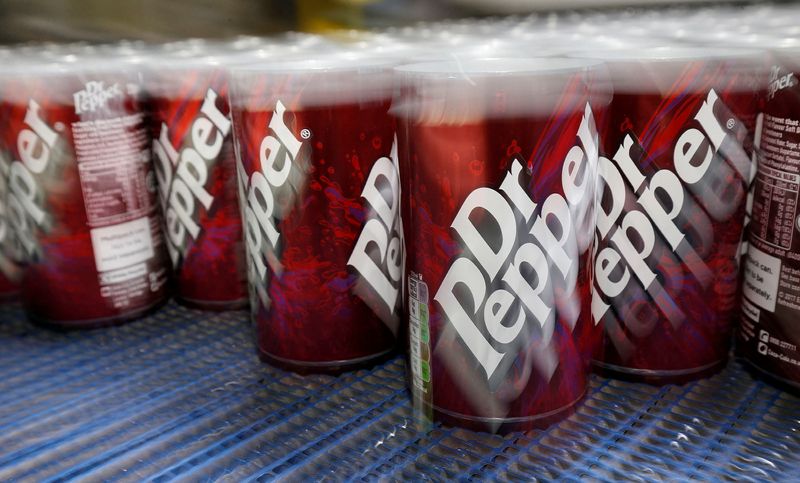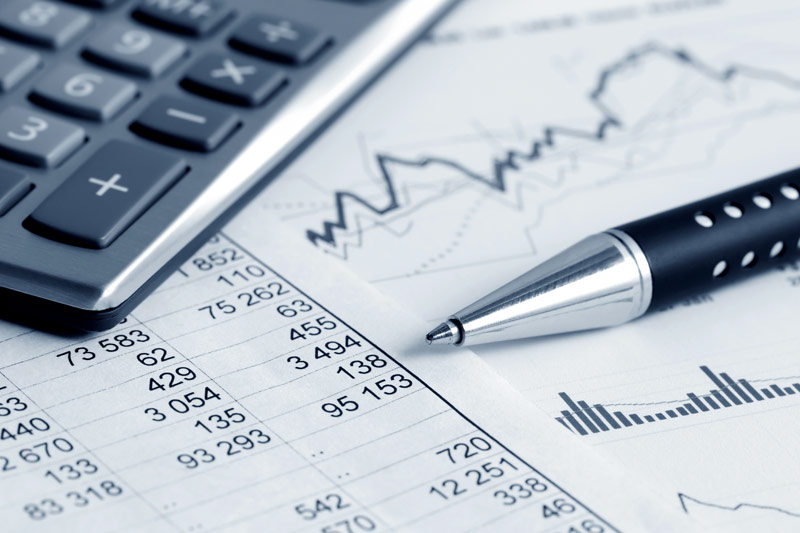By Ananya Mariam Rajesh
(Reuters) -Keurig Dr Pepper is buying a 60% stake in energy-drink maker Ghost for $990 million, with a plan to purchase the rest in 2028, as it looks to spruce up its refreshment beverages portfolio, they said on Thursday.
Energy drinks have garnered popularity mainly among the younger population in the U.S. in recent years as more people turn to fitness and lifestyle products, pushing companies to scout for deals in the sector.
In 2022, PepsiCo (NASDAQ:) paid $550 million for an 8.5% stake in energy-drink maker Celsius Holdings (NASDAQ:), while Keurig Dr Pepper acquired a 30% stake in Nutrabolt, the maker of C4 Energy, for $863 million.
Ghost was founded as a lifestyle sports nutrition brand in 2016 by Dan Lourenco and Ryan Hughes. It will be a part of Keurig Dr Pepper’s U.S. refreshment beverages segment, which made up nearly 60% of the company’s total sales in 2023.
“Energy remains one of the fastest growing scaled categories in beverages … There’s significant headroom for household penetration to grow versus other leading beverage categories,” said Keurig CEO Tim Cofer.
The initial step to purchase the 60% stake is expected to close in late 2024 or early 2025 and is likely to be neutral to modestly aid Keurig’s adjusted profit starting in 2025.
Ghost’s performance has been mostly driven by volumes, J.P.Morgan analysts said, adding that its sales have remained positive.
Keurig Dr Pepper, formed through a more than $21 billion deal between Keurig Green Mountain and Dr Pepper Snapple Group (NASDAQ:) in 2018, expects to invest up to $250 million starting in mid-2025 to transition Ghost’s existing distribution agreements before beginning to sell and distribute the brand.
The company, which houses brands such as 7UP, Sunkist, Schweppes and Sun Drop, also reported lower-than-estimated net sales of $3.89 billion in the third quarter.
It is seeing softer demand in its U.S. coffee segment due to weaker at-home consumption mainly from the lower income consumer group.

Keurig’s adjusted profit of 51 cents per share met analysts’ expectation, according to data compiled by LSEG.
Shares of the company were down 2.5% in early trading.

